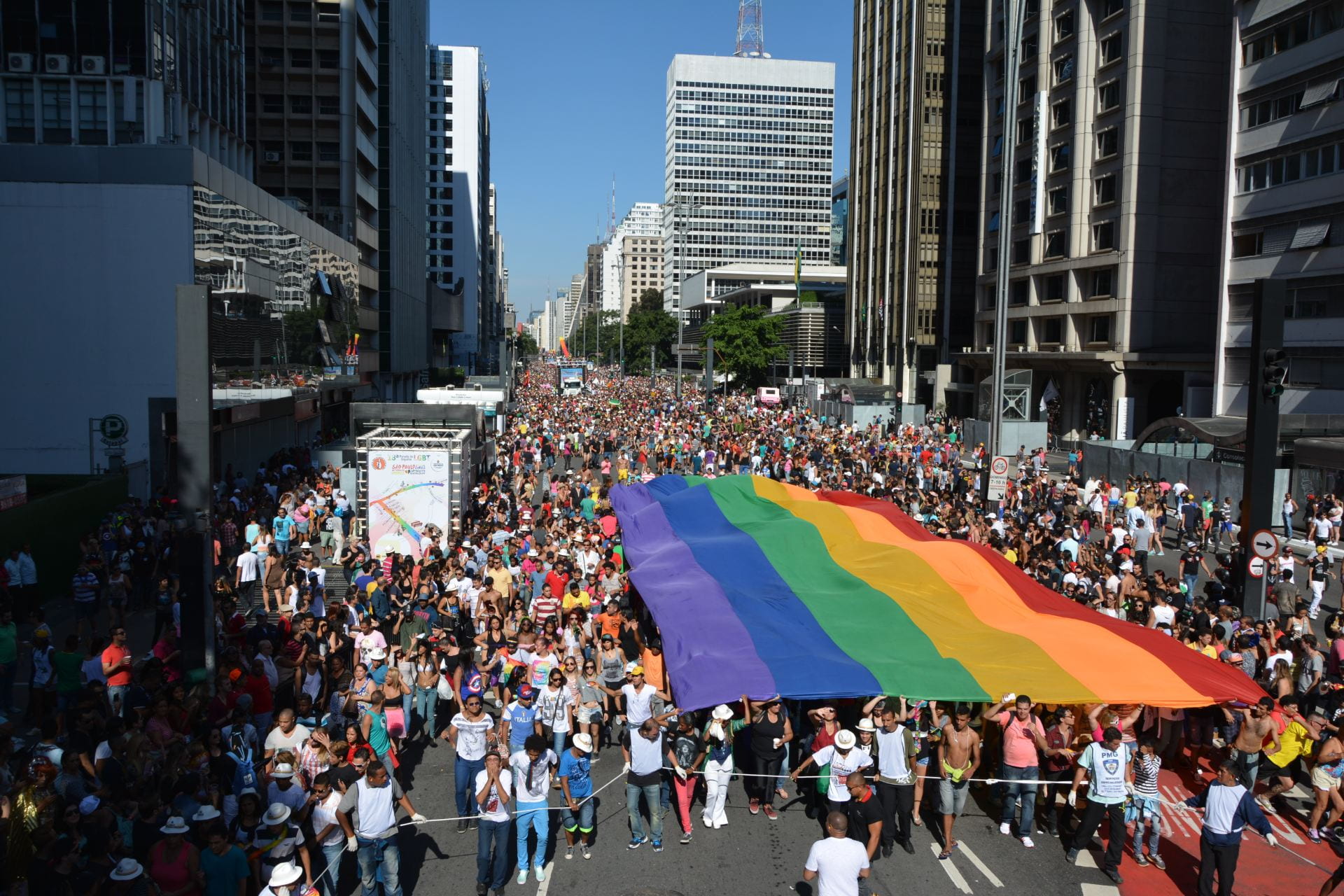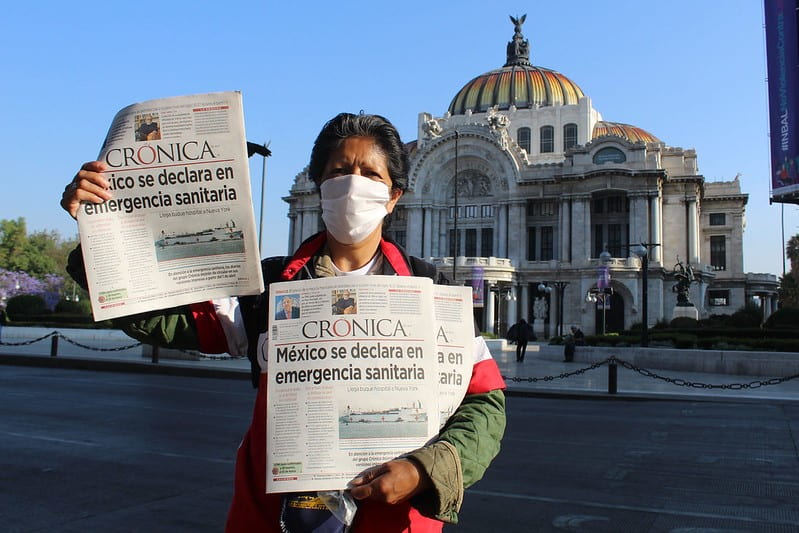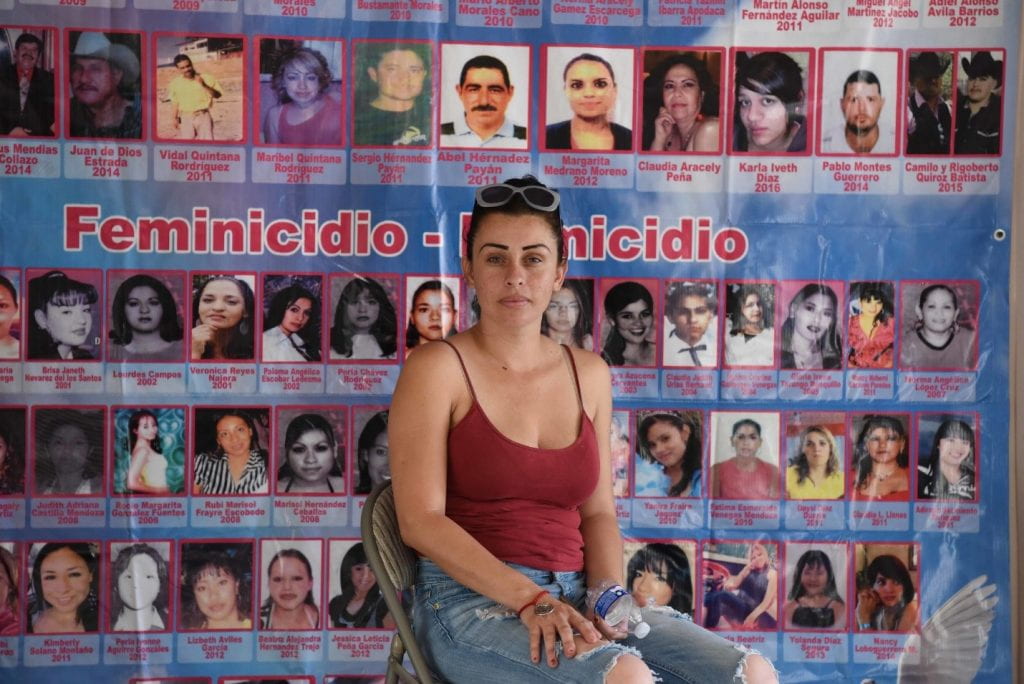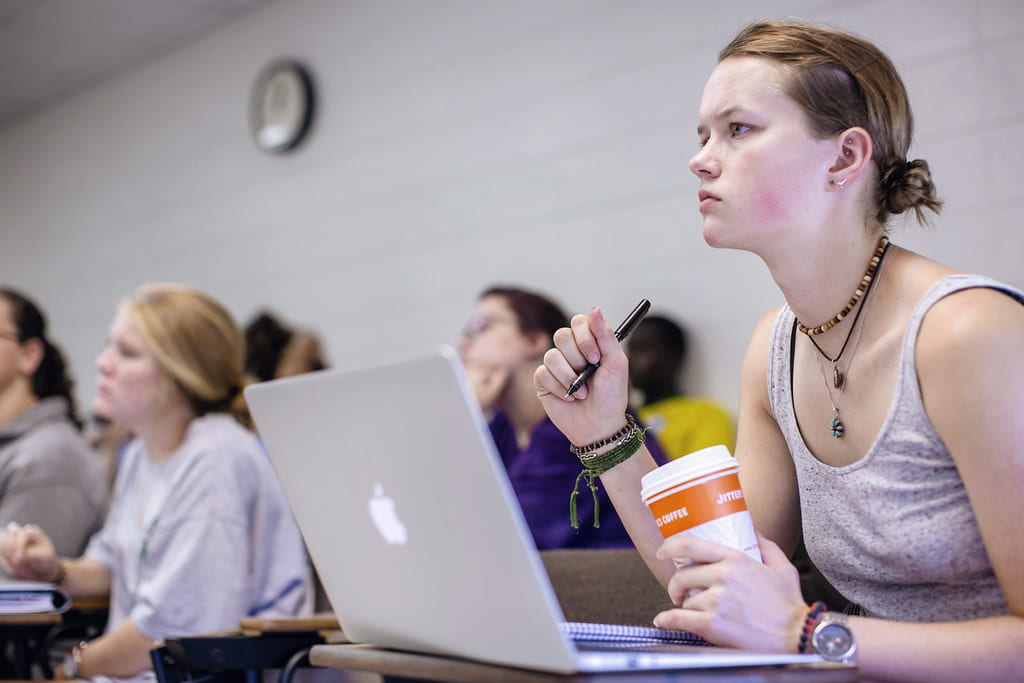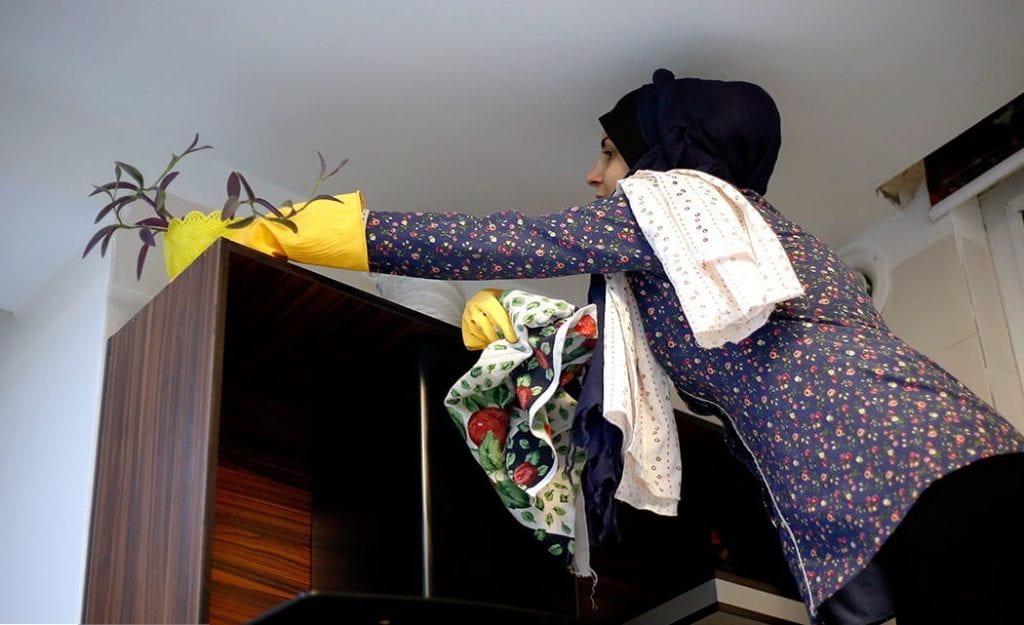
On Friday, September 16th, 2022, in response to a court’s ruling that the university cannot block the formation of a LGBTQIA+ group, New York’s Yeshiva University decided to temporarily suspend all undergraduate student activities and clubs. Yeshiva claims that permitting the formation of a LGBTQ+ student organization would be “inconsistent with the school’s Torah values and the religious environment it seeks to maintain.”
How It Started
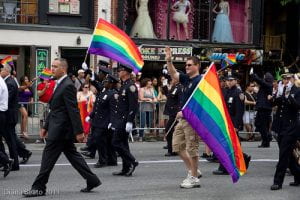
The LGBTQ+ group in question is Yeshiva’s Pride Alliance, which was unofficially created in 2018. They were unofficial in the sense that their support was low and their group size was small— as all student groups are in the beginning. The student group describes itself as a supportive space for all students, regardless of sexual orientation and gender, with the goal of allowing all members to feel secure, respected, and represented at Yeshiva.
It is understandable that one of the group’s goals was representation. In the modern day, it is extremely unlikely to find any major university without an instituted pride alliance group. Therefore, Yeshiva’s Pride Alliance group wanting that same, basic characteristic—of representation—should not come as a surprise.
However, when they approached the university last year to ask if they could get officially recognized as a student group, they were instantly denied. In response, however, they remained determined, and proceeded to sue the school for discrimination on the basis of sexual orientation.
The Legal Claims

The Pride Alliance group sued Yeshiva for breaking the New York City Human Rights Law, a law code prohibiting discrimination on a basis of gender, race, sexual orientation, and other classifications.
In response to the lawsuit, Yeshiva University, which identifies itself as an Orthodox Jewish university, claimed that they could not recognize the group because it “conflicted with the school’s interpretation of the Torah.”
The lawsuit first went to a court in New York, where it was concluded that the university must officially recognize the group. The court argued that Yeshiva was not a religious institution (which would thereby make it immune to New York City’s Human Rights Law), but an educational institution.
Yeshiva disagreed and appealed to the Supreme Court. At first, the Supreme Court told Yeshiva to ignore the prior ruling, and that the Justices will be the ones to declare what rights LGBTQ+ groups have in universities.
However, that standing changed rather quickly. Just earlier this week, by a 5-4 vote, the Supreme Court told Yeshiva that they should follow the prior court’s ruling because they have not exhausted all their options before appealing to the Supreme Court. In other words, the Supreme Court voted to send Yeshiva’s appeal back to local courts; they did not rule that Yeshiva acted unconstitutionally.
Yeshiva’s Next Step

After Yeshiva was notified that they should follow the prior ruling (meaning that they must officially recognize an LGBTQ+ student group), they concluded that their only option was to shut down all undergraduate activities and clubs.
Enforcing such drastic measures upon the entire undergraduate population, as one might assume, was an unprecedented move on Yeshiva’s end. Many might infer that this action could have been done in an attempt to mask discrimination. Is it truly discriminatory to not recognize a pride alliance group when also not recognizing any other groups at all? Most would say it is not. That, from what we can assume, is what Yeshiva wants until the legal proceedings sort out: put forth a blanket disapproval of all student groups so they cannot be faulted for targeting an LGBTQ+ one.
Yeshiva’s measures have caused many to view the university as homophobic; however, the president of the university, Rabbi Ari Berman, was quick to demobilize those allegations, stating that “[Yeshiva University’s] commitment and love for our LGBTQ students are unshakeable.”
However unshakable Yeshiva’s love for LGBTQ+ students might be, we have yet to see. We must not overlook what we have seen—it merely took a pride alliance group to ask for recognition to rid the entire university of all its undergraduate activities and clubs.
What’s to Come

As Yeshiva returns back to local courts we are unsure of what will happen in the future—except that it will not be filled with any undergraduate activities. If Yeshiva’s appeal succeeds and the city’s ruling is overturned, then the LGBTQ+ group will not be able to get recognized by the school. If the ruling does not get overturned, Yeshiva could appeal their way back up to the Supreme Court.
However, even if this were to happen, precedence seems to be against the LGBTQ+ group. In prior cases, the Supreme Court has sided consistently with religious universities when discussing issues of religious freedoms (i.e. what a religious university can and cannot do).
Moreover, one of the dissenting members of the initial Supreme Court vote, Samuel Alito, stated, “[Does the First Amendment] permit a State to force a Jewish school to instruct its students in accordance with an interpretation of Torah that the school, after careful study, has concluded is incorrect? The answer to that question is surely ‘no.’”
In other words, Justice Alito is stating that in his opinion, states should not have the authority to tell religious schools what to do if it does not align with their religious understandings.
With all of this in mind, one could reasonably come to the conclusion that the future of Yeshiva University’s Pride Alliance group is dependent on whether or not the initial city court was correct in deeming Yeshiva a state institution and not a religious one.
If the city court was incorrect, Yeshiva could inherit the authority to deny recognition to a group seeking representation—even though, allegedly, their commitment and support for LGBTQ+ persons is “unshakable.” If the city court was correct, representation and recognition of those underrepresented shall prevail.
LGBTQ+ Rights

The events that unfolded between Yeshiva and its pride alliance group returned a variety of different topics to the forefront of the media. One of which, in particular, is the topic of LGBTQ+ persons and the rights they have.
Discrimination against LGBTQ+ persons has been an ongoing issue for hundreds of years. For years, The United Nations has repeatedly stated that “discrimination against LGBTI people undermines the human rights principles outlined in the Universal Declaration of Human Rights. Yet discrimination and violence against people in the LGBTI community are all too common. Homophobic, biphobic and transphobic attitudes remain deeply embedded in many cultures around the world.”
The Universal Declaration of Human Rights was published in 1948. 74 years ago. Not only does discrimination still exist, but same-sex marriage, in 2022, is only legal in 24 countries.
With Yeshiva University’s recent decision, we are seeing the global issue of same-sex marriage and LGBTQ+ rights back in mainstream media. Equality and respect for all people should be the standard that we live by.
Despite all that has occurred, Yeshiva could bring forth new lessons for us all. Maybe, (or perhaps hopefully), one of those lessons could be that we, as a society, should strive to make discrimination of all people a thing of the past—make it history, so we can learn from it.
